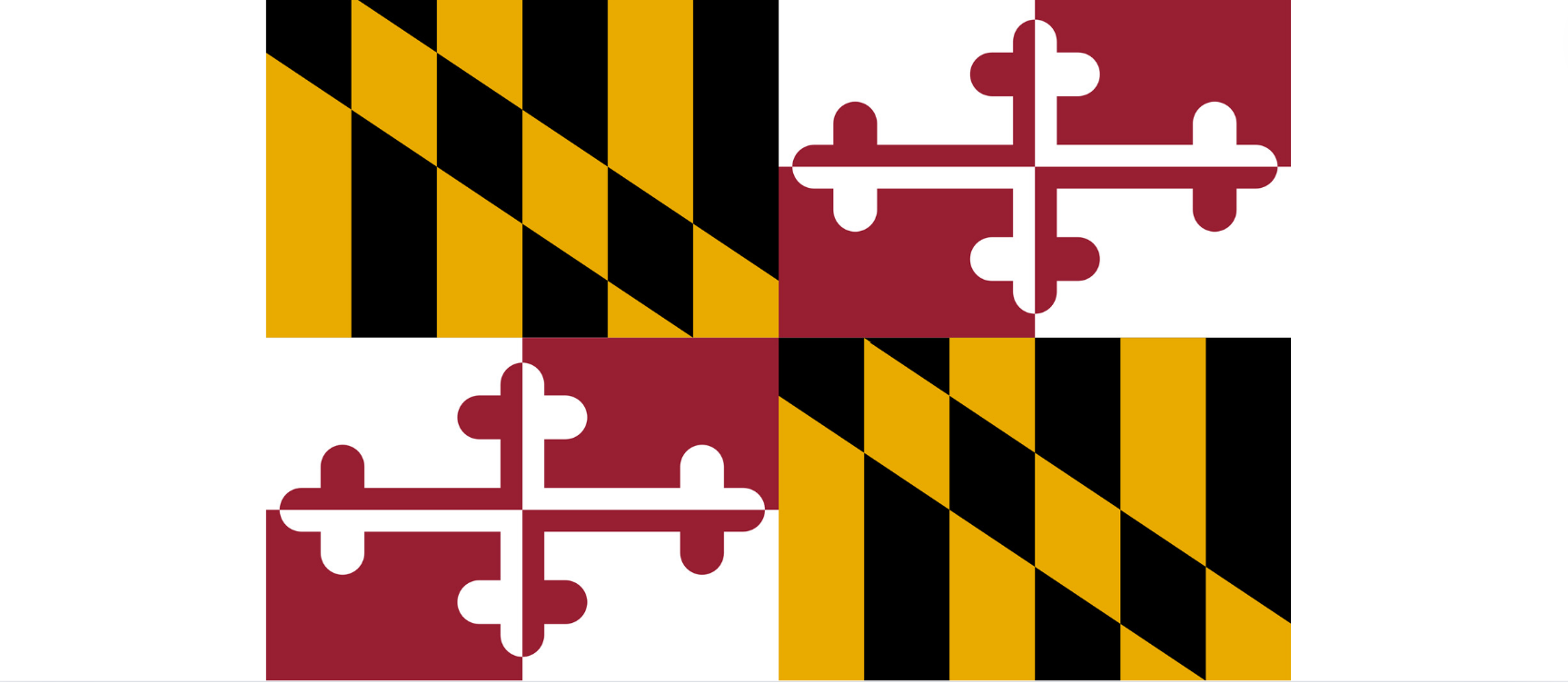Maryland Governor Signs Natural Organic Reduction and Alkaline Hydrolysis Into Law
On May 9, Maryland Governor Wes Moore approved the Green Death Care Options Act, legalizing both natural organic reduction (NOR) and alkaline hydrolysis (AH). The act was unanimously approved by the state’s House with a vote of 127-0 in March and passed the Senate in April (35-12).
Maryland is the ninth state to officially pass NOR legislation since Washington first legalized the practice in 2019. Other states offering NOR include Arizona (2024); Nevada (2023); New York, California, and Vermont (2022); and Colorado and Oregon (2021). NOR legislation is pending in several other states, including Delaware, where a Senate- and House-approved bill is currently awaiting the governor’s signature.
At least 30 states currently offer alkaline hydrolysis, which is also known as water cremation or aquamation. In fact, Pennsylvania legalized AH earlier this month.
Still barriers to NOR and AH
Although legislators have technically made NOR and AH available to their residents, several barriers often stand in the way of families being able to take advantage of these services in their home states.
The first roadblocks can be the laws themselves. Each state declares its own official availability date, which can vary from a few months to a few years. For example, Maryland’s law will take effect October 1, 2024, but NOR won’t be available in California until 2027 — five full years after the NOR bill was signed into law.
Legal technicality can also arise when states unnecessarily complicate the rules. New York is a prime example; although Gov. Kathy Hochul signed the state’s NOR law in December 2022 and it became effective in 2023, no business has applied to offer the service as of February 2024. Many speculate that the problem lies in the fact that unlike other states, which add NOR to existing cremation laws or designate it as a standalone form of disposition, New York’s regulations stipulate that only cemetery corporations can add NOR to their existing services. Others claim that there is just not enough demand from New York residents.
Another barrier is the cost of implementation for businesses looking to add NOR or AH to their existing services or start from scratch. Alkaline hydrolysis equipment can cost anywhere from $175,000 to $260,000; installation can easily add another $10k. That’s why, in several states where AH has been legal for years, there are still no active practitioners.
Don’t give up
This doesn’t mean that NOR and AH are not available to those seeking these environmentally-friendly services. Most providers are ready and willing to work with out-of-state families and funeral homes. For example, NOR/Terramation provider Return Home in Auburn, Washington, has assisted families from 26 states in the U.S., as well as for Canadian families from Vancouver to Toronto, and is eager to partner with more facilities where NOR is not easily accessible.
As for AH, the Cremation Association of North America (CANA) suggests searching their Member Directory for businesses classified as “Crematory, Alkaline Hydrolysis” for a facility with which to partner.
If your state isn’t yet working on either natural organic reduction or alkaline hydrolysis legislation, it’s not a lost cause. Many existing providers like Return Home have created recommendations and templates for approaching your state’s lawmakers about NOR, and CANA is always an excellent resource for support and guidance in all things cremation. And, of course, the National Funeral Directors Association (NFDA) offers a plethora of information about every disposition method and provides legal and compliance resources as a benefit to its members.




